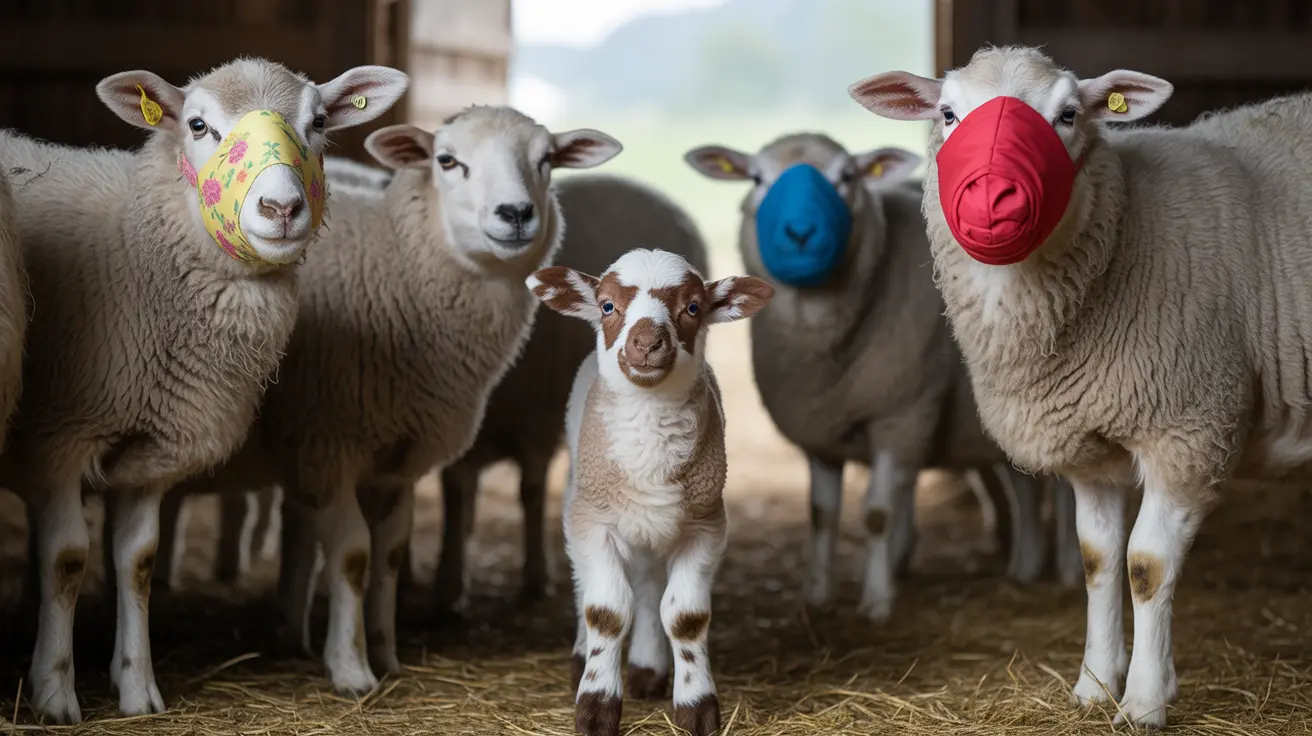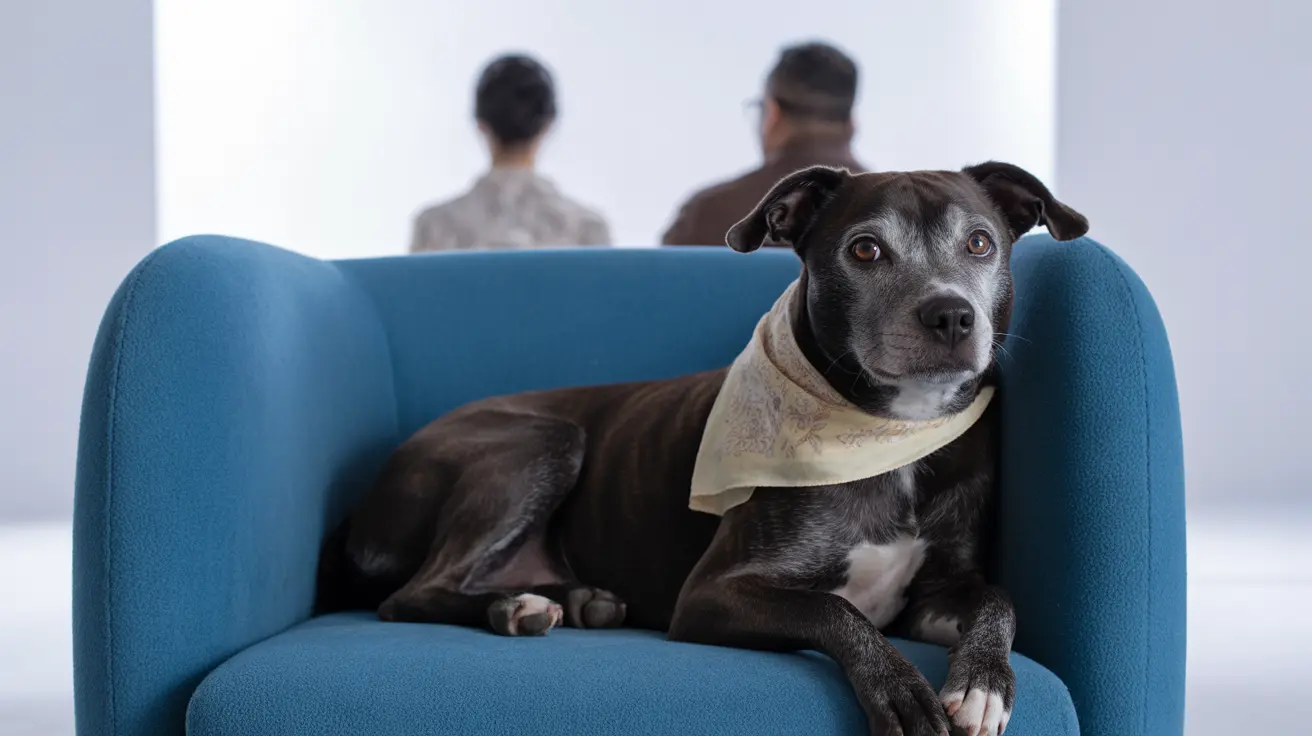The Calm and Loving Nature of the Skye Terrier
The Skye Terrier, originating from the rugged Isle of Skye in Scotland, stands out among terrier breeds for its dignified calmness and affectionate nature. While terriers are often known for their energetic and spirited temperament, the Skye Terrier balances its natural tenacity with a notably reserved and loyal personality, making it one of the calmest terriers.
Breed Overview and History
Originating in the 1500s, this breed was developed to hunt foxes and badgers, adapting to harsh Scottish conditions. With its long body and low stature, the Skye Terrier was built for agility and compact movement in rough terrain. It quickly gained popularity, especially in British royal circles, and was admired by Queen Victoria herself.
Appearance and Distinct Features
- Height: Approximately 9–10 inches at the shoulder
- Weight: Males, 35–45 pounds; females, 25–31 pounds
- Coat: Long, double-coated with flowing hair in colors such as black, blue, cream, or fawn
- Ear Types: Prick ears (upright) or drop ears (downward)
The breed’s elegant appearance is enhanced by dark pigmentation on the muzzle and ears and sometimes a white patch on the chest. It’s built low to the ground, giving it a unique silhouette among terriers.
Temperament: Calm Yet Courageous
Skye Terriers are known for their devotion to their owners. Although they retain the independent streak common in terriers, they exhibit a calm and patient demeanor that suits relaxed households. Traits include:
- Loyalty: Strong bond with family
- Alertness: Acts as a good watchdog
- Aloofness: Can be reserved with strangers
- Protective Instinct: Shows courage and loyalty in defense of loved ones
Because of their sensitivity, Skye Terriers respond best to positive reinforcement training. They dislike harsh corrections and require a patient, consistent approach.
Exercise and Activity Requirements
Unlike high-energy terriers, the Skye Terrier only needs moderate daily exercise. Due to their shortened legs and long spine, it’s important to avoid high-impact activities, particularly during puppyhood. Suggested activities include:
- Short, daily walks
- Playtime in a secure yard
- Low-impact games like nose work or agility at a gentle pace
Grooming: Keeping the Coat Healthy
The Skye Terrier’s long double coat, while beautiful, requires regular maintenance. Key grooming steps include:
- Brushing: At least once a week with a soft or pin brush
- Bathing: Occasional, with gentle shampoo techniques
- Trimming nails and cleaning ears regularly
- Checking hidden spots under the coat for skin issues or parasites
It’s best to keep the coat in its natural form, avoiding clipping unless for specific health reasons.
Health Considerations
Skye Terriers are typically rugged and can live between 12 to 15 years, but they are prone to specific health issues because of their structure and genetics. These include:
- Intervertebral Disc Disease: Avoid jumping and stairs to reduce back problems
- Hip and Elbow Dysplasia: Low-impact exercise is recommended
- Eye Conditions: Cataracts, PRA
- Cancers: Elevated risk, especially for hemangiosarcoma in females
- Autoimmune disorders and allergies
Responsible breeding and regular veterinary care are essential to minimizing these risks.
Diet and Nutrition
Skye Terriers should be fed a nutritionally balanced commercial or vet-approved diet appropriate to their age and size. Best practices include:
- Feeding puppy, adult, or senior formulas based on life stage
- Monitoring caloric intake to prevent obesity
- Fueling puppies with frequent meals to avoid hypoglycemia
- Access to fresh water at all times
Lifestyle and Living Requirements
This breed is well-suited for various environments, including apartments and homes with fenced yards. Key considerations include:
- Providing companionship and avoiding long periods alone
- Offering mental stimulation alongside physical exercise
- Supervising interactions with small children or pets
Despite their low-key demeanor at home, they thrive with structured play and socialization.
Why Choose a Skye Terrier?
For pet owners looking for a devoted, calm, and manageable terrier, the Skye Terrier is an excellent choice. Its stolen devotion to its human family, moderate care requirements, and balanced energy level make it a standout among terriers. However, expect a breed that is:
- Protective and independent
- Low-key in activity need
- Grooming-intensive due to its long coat
- Rare and possibly harder to find
Despite being one of the most endangered UK breeds, their rich history, unique temperament, and potential for deep companionship mark them as a hidden gem in the dog world.
Conclusion
The Skye Terrier emerges as an ideal dog for those seeking the calmest terrier—one who loves deeply, requires moderate maintenance, and brings a century-spanning legacy into modern homes. With the right care and attention, this loyal companion will reward owners with years of faithful partnership.





